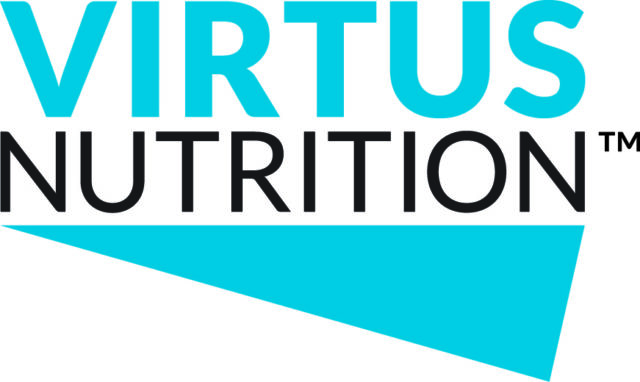When it comes time to plan the editorial calendar for the magazine each year, the obvious topics about growing forage – planting, fertilization, irrigation, testing, harvesting, etc. – are the first to go into the rotation. But I also like to include business management in at least one of the issues each year.
Some may ask why articles about management are in a forage magazine, but as much as you like growing forage, if you don’t pay attention to the business management part of your operation, you won’t be around very long to do what you enjoy.
One of my favorite articles in this issue, titled “Management skills” click here to read.
I had run across The Kentucky Beef Book several months ago and was impressed that they would include an entire chapter on management skills as part of a course designed to help beef producers learn more about cattle operations and production skills.
This shows me that it was recognized as being just as important as any other topic covered in the manual.
One section of the article excerpt included in this issue reads, “The danger lies in the tendency to believe that somehow management is not ‘work.’ To be ‘getting something done,’ we need to be doing some production task.”
And isn’t that true? We can be so busy “working” or doing all of the tasks that need to be done in the course of a day that we sometimes forget to be managers.
Even if you are a one-man operation, you still need to take time to pay attention to “running” your business.
And if you have employees, even if they are family members, paying attention to the organization and management of your operation becomes even more important.
One section of the article not included in the above article listed some common traits of top managers. While it is not an inclusive list, these characteristics are typically observed in successful leaders:
1. They know their costs of production.
2. They set goals based on a clearly defined mission.
3. They have good people skills—communication, leadership and empowerment.
4. They access, assess and use information (they are voracious record keepers).
5. They are innovative and adapt to change.
6. They are dissatisfied with the status quo.
7. They can organize, focus and prioritize.
8. They view the future aggressively.
9. They are willing to assess and take risks.
10. They take time to recharge.
Take a few minutes to evaluate yourself...how are you doing compared to this list? If you are like most people, there are probably some areas where you excel and others that could use some work.
I would encourage you to examine your forage operation, including your management skills, to see what you might like to change in the coming year.
Don’t feel like you have to do it all at once – I’ve talked about this before. Choose one or two areas where you can make improvements, and then do what you can to accomplish what you have set out to do.
Even if you might not be successful at everything you try, simply paying attention and trying to do better will be of benefit to you in your business.
And if you remember to do the “work” of management along with just growing forage, success will certainly follow.










